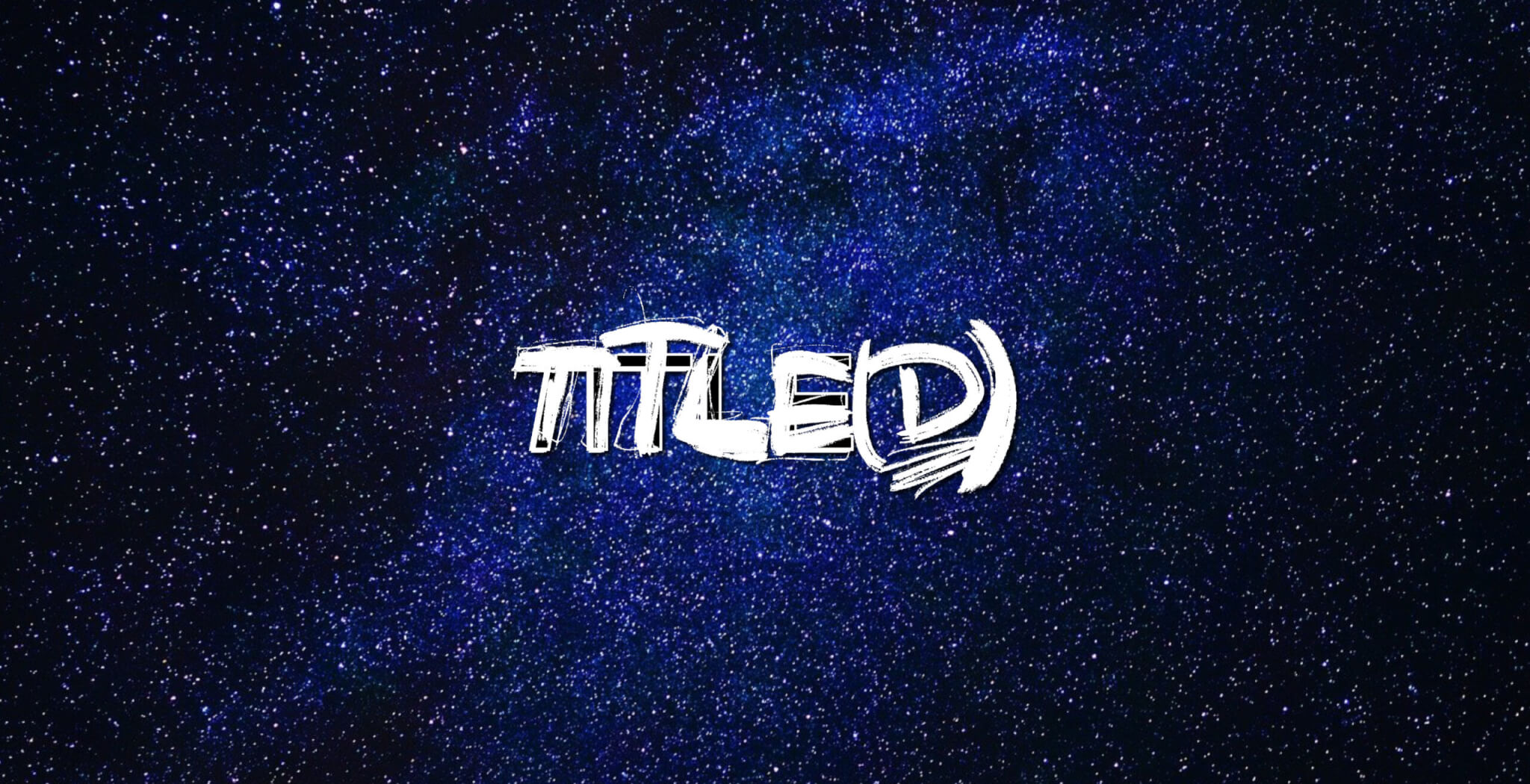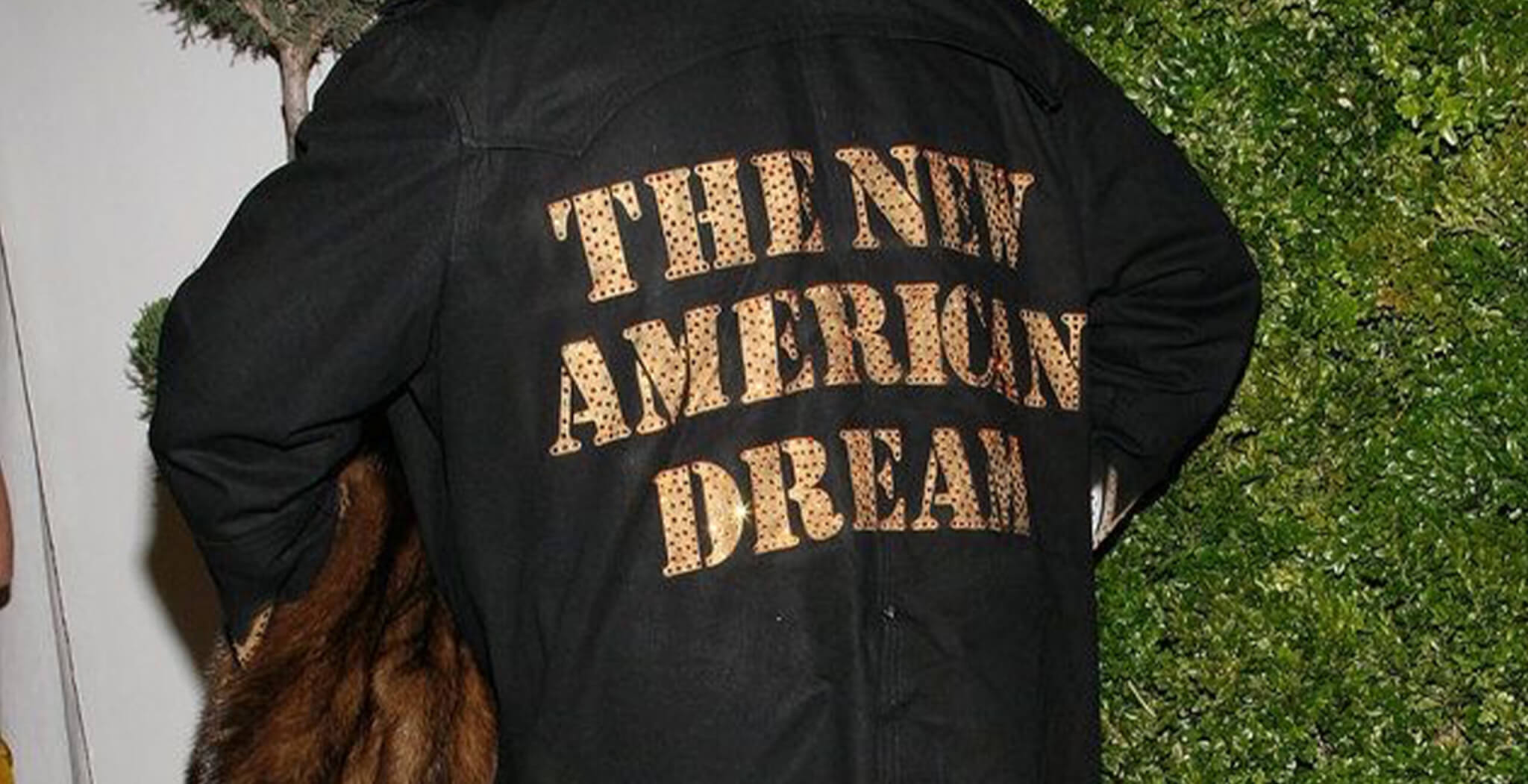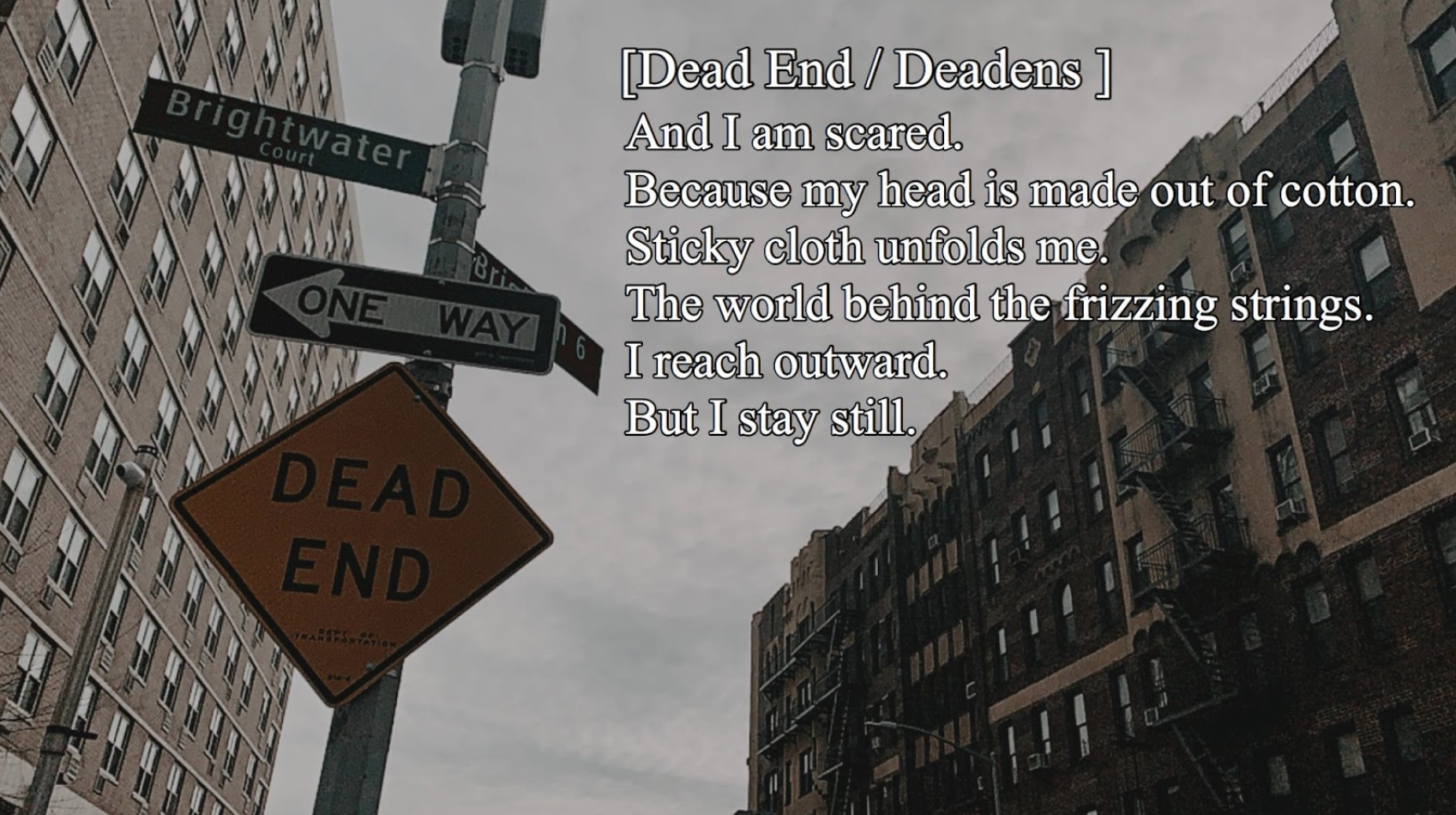As we leave Hot Girl Summer and slowly but surely enter Cuffing Season, it’s time to look at a form of relationship that seems to be taking over the dating horizon:
Somewhere between great love and no strings attached lies a category of relationship that needs a bit more definition. It’s emotionally connected, but without commitment or future plans. The labels ‘boyfriend’ and ‘girlfriend’ don’t really apply, but it goes way beyond a casual hook-up. It involves going on dates, having sex and building intimacy without a clear goal in mind. Enter “situationship”.
Coined by Carina Hsieh in 2017, when the use of dating apps was on the rise, it makes sense that as more people began to date through swiping and matching, relationship statuses had to change too. Hsieh described situationships as “a hookup with emotional benefits”, as opposed to the equally amorphous “friends with benefits”, which starts platonically but develops a sexual component. What they have in common, however, is a lack of commitment and clearly defined roles.
And for some this lack of commitment in relationships can actually be more liberating than you might think. For others this could mean a heck of a ride on the emotional rollercoaster. The question that arises is whether humans are made for hook-up culture at all. Are we capable of separating the emotional from the physical? And what happens when an emotional connection is made without long-term planning? But does every emotional relationship have to last until the end of time?
In fact, in Tinder’s Year In Swipe report for 2022, the number one trend was that “young singles are owning the situationship as a valid relationship status”. This has led to the creation of “relationship goals” on Tinder, a space where eager daters can choose from six options, including: Long-term partner; Long-term, open to short-term; Short-term, open to long-term; Short-term fun; New friends; or Still figuring it out. Daters can choose an option that best suits their needs and are prompted to confirm or change their choice each week.
Many daters still see situationships as a distraction from their dating goals and are uncomfortable with not knowing where a relationship is going or what role they play in the lives of the people they’re dating. But something has changed in recent years. Instead of seeing relationships as a trap to be avoided, daters are now embracing the idea that some relationships don’t need to be rigidly defined. For some, the need for flexibility and openness points to a trend that may be here to stay. Situational relationships, with all their grey areas, may actually help people focus less on defining where they’re going and more on fully enjoying the present.
Sometimes people simply prefer the looser structure of situational relationships. It can take the pressure off having to figure out exactly where things are going according to traditional expectations of how relationships develop. For example, some people don’t feel the need to spend more and more time with their partner, to move in together or to take other typical steps towards commitment. The fact that situational relationships have become more in demand suggests a trend towards ambiguity. But this grey area isn’t without its benefits. Tinder’s Year in Swipe report for 2022 noted a “49% increase in members adding the phrase to their bios, with young singles saying they prefer situationships as a way to develop a relationship with less pressure”.
On the other hand, for many people, the question is whether situationships are the only form of interpersonal relationship that is currently available. The short answer is no. However, there does seem to be a clear trend in the young dating scene that leaves some questions unanswered. Is it okay to date casually while in a relationship? What about jealousy and what happens if one part of this casual arrangement falls in love, maybe even with someone completely different?
The big problem that many people see is the lingering fear of other people’s feelings. We are so polarised by modern socialisation that we only have our own point of view in mind, without considering the emotional state of others. Is that bad in itself? Again, no.
So what do you do when you find yourself in undefined territory? The first thing to consider is whether it works for you or whether it causes more anxiety than comfort. If you feel good about your situation, you can have a conversation with your partner and let them know that you like what you’re doing and don’t need to change anything, but you want to make sure they’re OK too. If you’re feeling unfulfilled or confused, you can let them know that you’d like more clarity about what you’re looking for.
Situational relationships aren’t for everyone, but they can be a way of giving yourself more grace as you search for what you’re looking for, or providing some consistency when your life is in flux. Being in the grey area with someone can be beneficial. While you both enjoy spending time together, learning more about each other and continuing to define what you both want, you can experience intimacy that doesn’t need a reason.




























